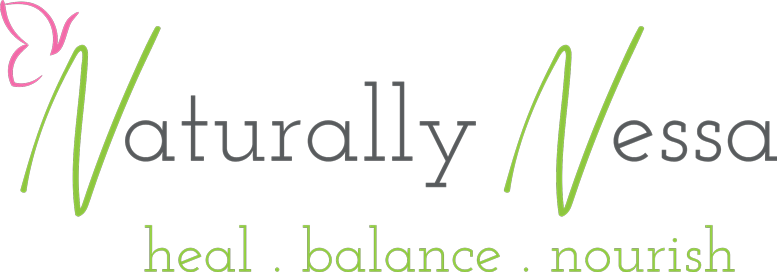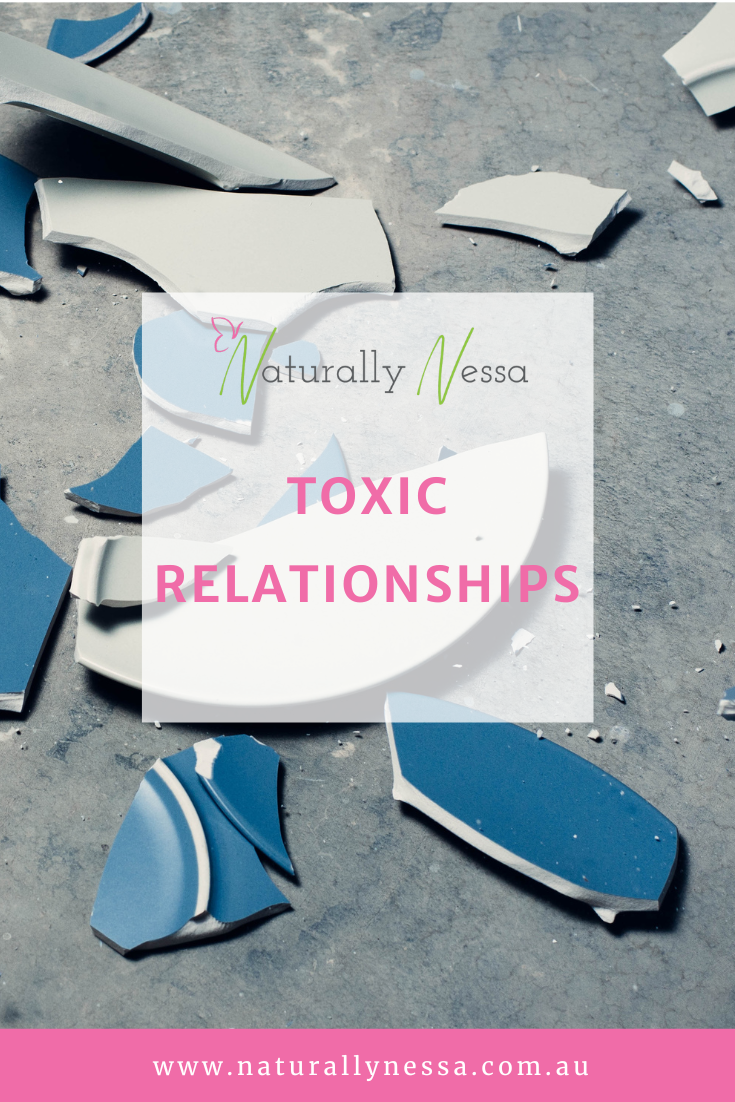Toxic Relationships
The word “toxic” gets thrown around a lot, especially since we really started addressing emotional abuse.
‘Toxic’ means what it has always meant - A poisonous substance that damages and destroys anything that consumes it. Toxic people have the same effect.
Through their belittling behaviour and dramatic tendencies, they are a danger to our mental and physical health. That being said, it isn’t always easy to identify them.
Hiding behind pleasant masks and helpful demeanors, toxic people can do as they please without detection.
But, if we know the signs of a toxic person, we can keep them where they belong - In our past, or with strong boundaries in place.
THEY CAN’T APOLOGISE
Saying sorry, and accepting when we’re wrong, is one of the most important things we can do in a relationship. Accepting responsibility for mistakes we make that affect others, is a selfless, empathetic offering that our loved ones deserve. But, when they hurt us, we deserve it, too.
Toxic people either cannot or will not apologise for their actions, acting as though they have done nothing wrong, or that we are overreacting.
Their pride and insecurities won’t allow them to concede they were wrong. To toxic people, nothing and nobody is more important than their pride, and apologising isn’t usually an option.
If that wasn’t enough of a reason, apologising would mean acknowledging their behaviour was hurtful. For anyone who wants to continue behaving badly without consequence, saying sorry sometimes just isn’t enough.
If someone hurts us and either refuses to apologise or expects us to write it off as normal, something isn’t right. We deserve better.
THEY TEAR DOWN YOUR CONFIDENCE
For toxic people to feel good about themselves, they need others to feel awful. Toxic people are the most insecure and, as their pride and image are the most important things in their lives, they will do anything to protect them. In order to do that, the people closest to them suffer because toxic people have to have leverage on everyone.
Self-assurance, security, self-respect. The list goes on.
FEELING THE PAIN
When toxic people attack the confidence of the people around them, it doesn’t even feel like a game, but it serves a greater purpose: to ensure they feel better about themselves than everyone else.
Relationships can be put under strain by anything, but intentional sabotage is a big red flag. If our confidence is constantly under attack by someone who is supposed to love us, we need to cast them out of our lives or, as I said earlier, put strong boundaries in place.
They can’t help it, so we have to protect ourselves.
THEY ENJOY YOUR STRUGGLES
While, on the surface, toxic people may come across as sympathetic, they are secretly enjoying every hardship we endure. If things aren’t going well for the people around them, they feel better about their own lives in comparison, and it would be such a shame if that ego-boost was taken away from them.
This red flag isn’t that easy to detect, because of the apparent sympathy these toxic people express, but they are likely to suggest solutions that actually make things worse for us.
THEY CANNOT EMPATHISE
By the time we’re adults, we either have empathy or we don’t. Toxic people tend to have little to no experience of empathy, and even in our darkest moments when we are desperate for help, they might look at us with an indulgent smile instead of offering their hands.
Unable and/or unwilling to share in the important emotions of those closest to them, toxic people are often incapable of love.
This lack of empathy not only makes forming a relationship with toxic people difficult, but is also dangerous to our mental health. Like it or not, we need our feelings validated from time to time by those closest to us, and, without empathy, a toxic person cannot or will not allow us this. Sometimes, because they are incapable, and other times because our misery serves a purpose to them.
A lack of empathy is a big indicator of a toxic individual, and a problematic one for those closest to them. Without empathy, a toxic person has no reason not to hurt us or care if they do. For our own mental health and self-care, these people are best avoided or kept at arm's length.
Those that damage us intentionally, or fail to care, should have no place in our lives. The kindest thing we can do for ourselves, is to give ourselves permission to remove toxic people from our lives and surround ourselves with people who don’t wish us harm.
TOXIC FAMILIES AT CHRISTMAS
With Christmas fast approaching, I’d like to speak to the collective energy that looms heavily for many. It’s that feeling of family that you’ve always longed for, but never really had.
Far too many of us have been raised to accept that we must love our family unconditionally, and, knowing how some families are, that can be an impossible task.
In my opinion, the only thing more challenging and heartbreaking than having to sit in a room with people who show no love or compassion for you, is to cut them off and end the connection and distance yourself once and for all. Be that as it may, for the wellbeing of your mental, physical, and emotional well-being, as well as your soul, sometimes this is necessary.
Family ties are some of the strongest bonds we, as humans, have in our lives. Whether you are family by blood or choice, everyone has certain people they consider to be family.
Family is supposed to always be there for you, and you never expect your family to hurt you. Unfortunately, though, some family members can be more destructive and damaging than anyone else.
When this sacred bond is broken, it can leave a lasting wound. A wound that, if left open, will fester and grow deeper and cause long lasting scars and trauma.
The truth is, some people are simply too toxic for you to be around, and you need to move on without them.
Don’t be ashamed of deciding to put yourself first. Never put your physical, mental, or emotional wellbeing on the line, just because someone is ‘family’.
I have lived that trauma and still (at times) have it bubble up from the wounds that I believed I had healed. But these wounds run deep, and finding you still have some residue of pain and suffering lodged in your cells is not surprising.
I speak from my personal experience, as well as my experience with body and soul science, when I say that removing the core issue, and bathing the wound with light codes, compassion, understanding, and love, may take time. However, every cell in your body will benefit from you taking that first step, and not swallowing the problem and burying it down deeper trying to pretend it doesn’t exist.
HOW TO DECIPHER WHO IS TOXIC IN YOUR FAMILY
Childhood memories, and any memory for that matter, play a huge part in how we act or react to those around us.
To be the best version of ourselves, we need to acknowledge how much our lived experiences affect us.
Once you acknowledge how a particular person affects you, instead of just shrugging it off, you will start to notice signs.
Do they feed off drama, instead of leading with compassion?
Have you ever decided to turn to a family member for some advice, or shared some of your deepest fears?
You expose your vulnerabilities in the hopes of receiving some sort of understanding and guidance, but instead they fuel your emotions and you feel worse than you did before.
You may even find they have told the entire family what you spoke about.
Do they judge you?
Yes, constructive criticism is extremely healthy in every relationship. However, repeated, aggressive or degrading criticism can affect a person’s self-confidence on a very deep level.
Family members that are overly judgmental and controlling are the worst emotionally toxic people, and I speak from experience when I say, you don’t need to feel bad about removing yourself from their presence.
Are they only there for you if it somehow benefits them?
Unfortunately, this is very common. A toxic family member will only decide to help you if they have something to gain. Normally, they will come to you for advice or help, but as soon as you give them what they want, they will choose to distance themselves from you once again.
This feels like such a betrayal because you want them in your life, and you felt like you were getting closer, and then they’re gone again. You are left feeling like the only time they want you is when they need something.
Do they often manipulate the situation?
If you know someone who claims they never did or said something, when you and everyone else around knows that’s a lie… you are being gaslit.
Gaslighting is a technique based on planting seeds of doubt in the mind of the victim, in an attempt to make them feel helpless and question their own sanity and memory.
Chances are, you might have a family member that matches the description above. If so, they are a terrible threat to your mental health.
So, be kind to yourself.
Love yourself up.
And know that you deserve to look after yourself, without feeling guilty.
PIN FOR LATER:


